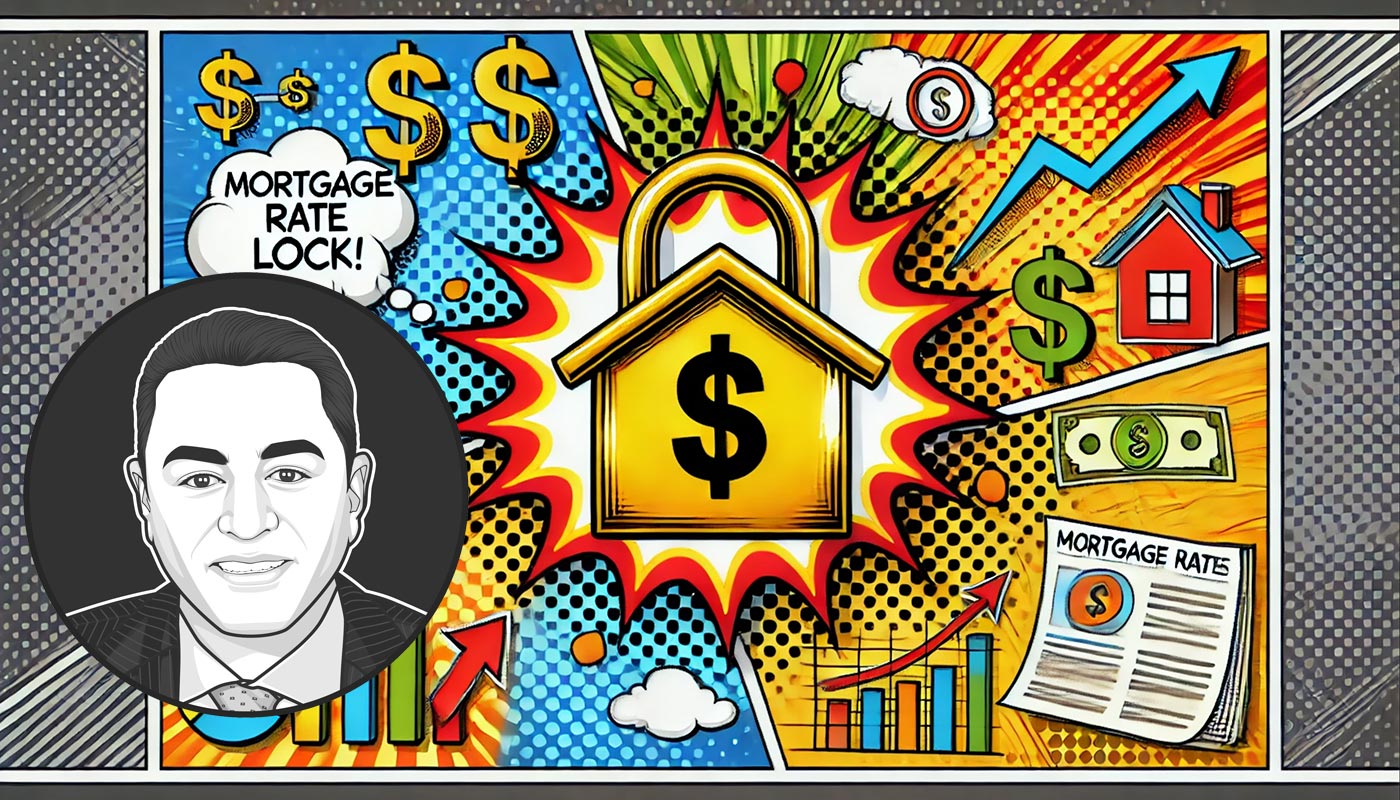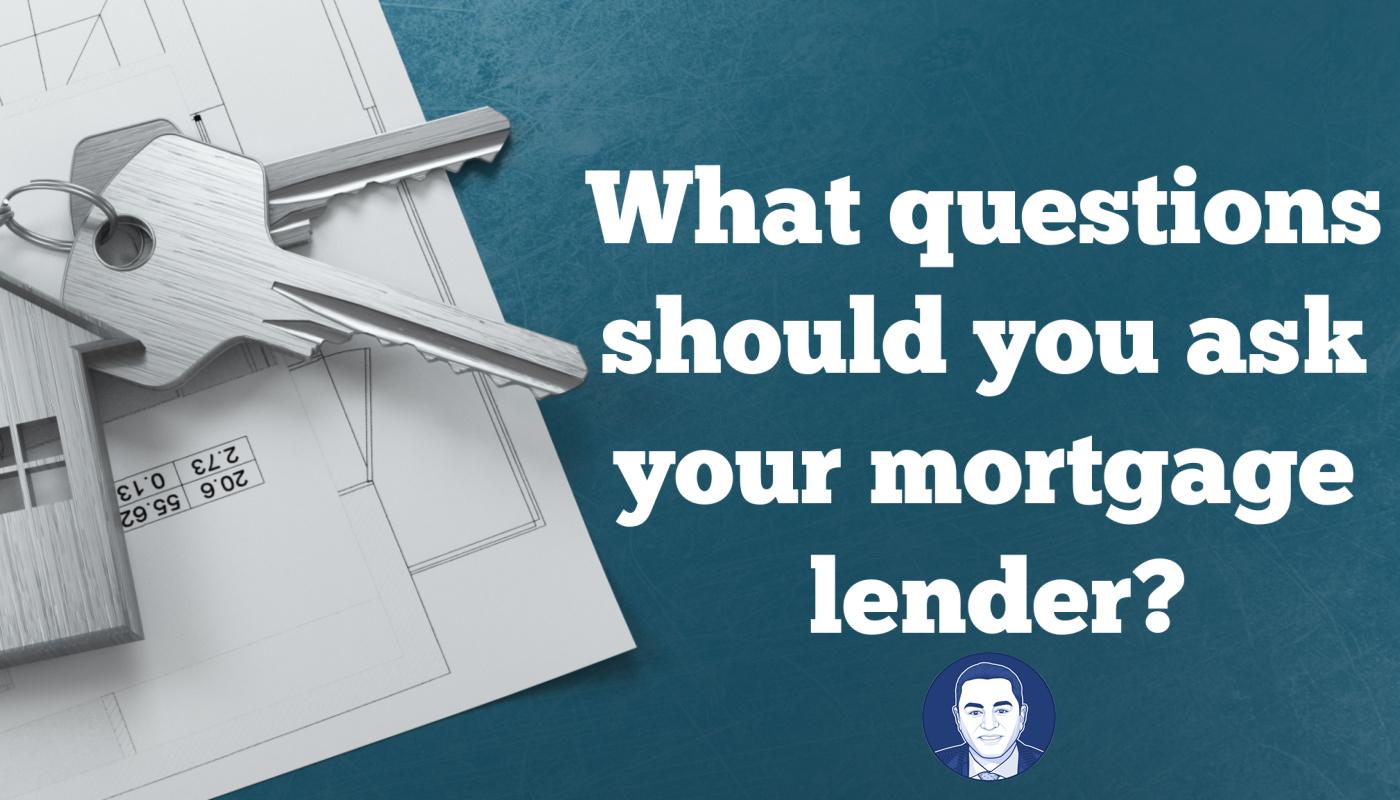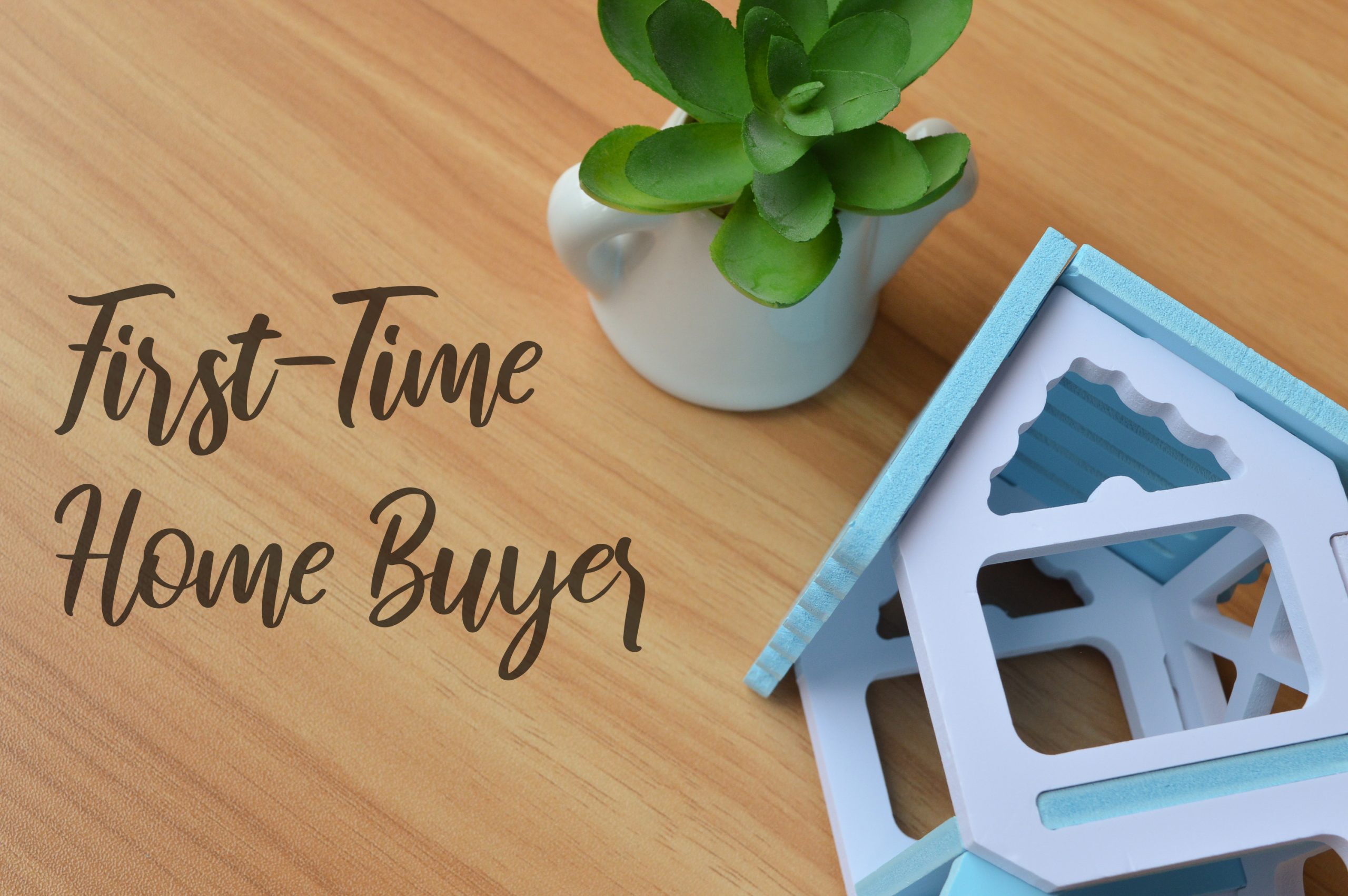Buying a home is an exciting milestone, but it can be daunting if you’re not sure where to begin. While plenty of resources are available online to help you figure out what questions you should ask and what type of home you should target, plenty of new buyers may not know their options.
As a result, many first-time buyers struggle to find the right steps to take from start to finish. Fortunately, buying your first home doesn’t need to be intimidating or scary, as long as you have the right information and resources at your disposal. Here’s what you need to know about buying your first home.
Before You Start
Buying your first home is a huge step — both financially and psychologically, and it’s important to approach it with care. First of all, many people decide to rent before they become homeowners because it’s cheaper.
While this is a great option for some, it’s important to remember to take the time to figure out if this is the right move for you. A big factor in this decision is your goals. If you only want to save money to put toward something like a car or a trip, then renting is absolutely the right move. However, if you want to buy a home and eventually have a family, buying may be a better move.
Know Your Goals
Before you start looking at houses, you should have a pretty good idea of what you hope to accomplish. This will help narrow down your search and give you a better idea of what you’re looking for in a home. These goals can be as specific or as general as you like, but they will help you narrow down your choice of house.
If you want to be able to comfortably afford a large house, you’ll want to keep in mind that you’ll have to save more. If you want to be able to afford a mortgage payment each month, you’ll have to factor in that you’ll have to wait longer. Knowing what you want can help you decide what you need and what you don’t.
Do Your Research
Plenty of resources are available to help you figure out what you need to know before you start looking for a home. You can ask friends and family, search online, and read books and blogs to figure out what questions to ask and what type of home you should be targeting. The most important thing to keep in mind is that you need to be thorough.
You can’t just gloss over some of the most important parts of the home-buying process, such as getting an appraisal and figuring out what you can afford. Doing your research will help you avoid these common mistakes that new buyers often make, which can cost thousands of dollars.
Research neighborhoods to determine where you want to live. What is important, such as schools, parks, shopping, or close to work? What are the average prices for homes recently sold in your preferred areas? Often the best buy is the smallest and least expensive home that gets you into an area you want; this may be even if it’s smaller than you want.
Decide How Much You Can Invest Upfront
This may sound like a silly question, but it’s actually one of the most important parts of buying a home. Most people don’t think about this part, so they end up putting too much of their money into the home or not enough. Typically, people assume they should put all their available money down, and then pay off their mortgage as it comes due.
Ideally, you want to put as little down as possible, but enough to get you approved for a mortgage. Use online mortgage calculators to see what different mortgage payments would be based on the amount of your down payment. Balance what you can afford upfront with the ongoing mortgage payments and your budget.
Get Preapproved for a Mortgage
Now that you’ve run some numbers to see what you can afford, it’s time to get approved for a mortgage. You can hopefully get approved for a mortgage that is high enough to buy a home in your preferred areas. The lender rules in this situation, as you’ll never get a home without the money.
Work within your financial limitations, and do not commit more in a down payment than you can comfortably afford, including closing costs. You should not commit all your savings. Keep back emergency money for those unexpected life events. Make sure that you’ve included in your mortgage payments the escrowed amounts for insurance and property taxes.
Get An Agent
Most people start their home search online, and they often look at homes they find without involving an agent. However, without an agent, you won’t have access to the secret weapon in your home-buying arsenal, the real estate agent him- or herself. A real estate agent is a great resource because they know the area, they know the houses, and they know the various players in the real estate market.
They can help you find a home, and they can also help you negotiate a good deal on the price. A real estate agent can also walk you through the homebuying process and help you navigate the paperwork and get everything squared away. You don’t have to deal with the details of buying a new home on your own. A real estate agent can help you navigate the process and get you approved for a mortgage, so you’ll end up with the new home you want.
Interview Real Estate Agents
Often new buyers ask a relative or a friend to recommend an agent. This can work, but your relative or friend’s needs are often different from yours. Talk to more than one real estate professional to find one who gives you a feeling of comfort with their interest in your needs.
Ask questions about the areas in which they work, their experience with first-time homebuyers, and how they will help with the transaction process. The questions can range from helping you to negotiate a good deal to recommending home inspectors to asking questions. Make sure you choose the real estate professional with whom you expect a good relationship.
Conclusion
Buying a home is a big step, and it can be scary, overwhelming, and expensive. By following these tips, you can ensure that your first homebuying experience is smooth and successful. If you’ve already started looking for a home, you can use these tips to get started. If you haven’t started looking yet, now is the time.



